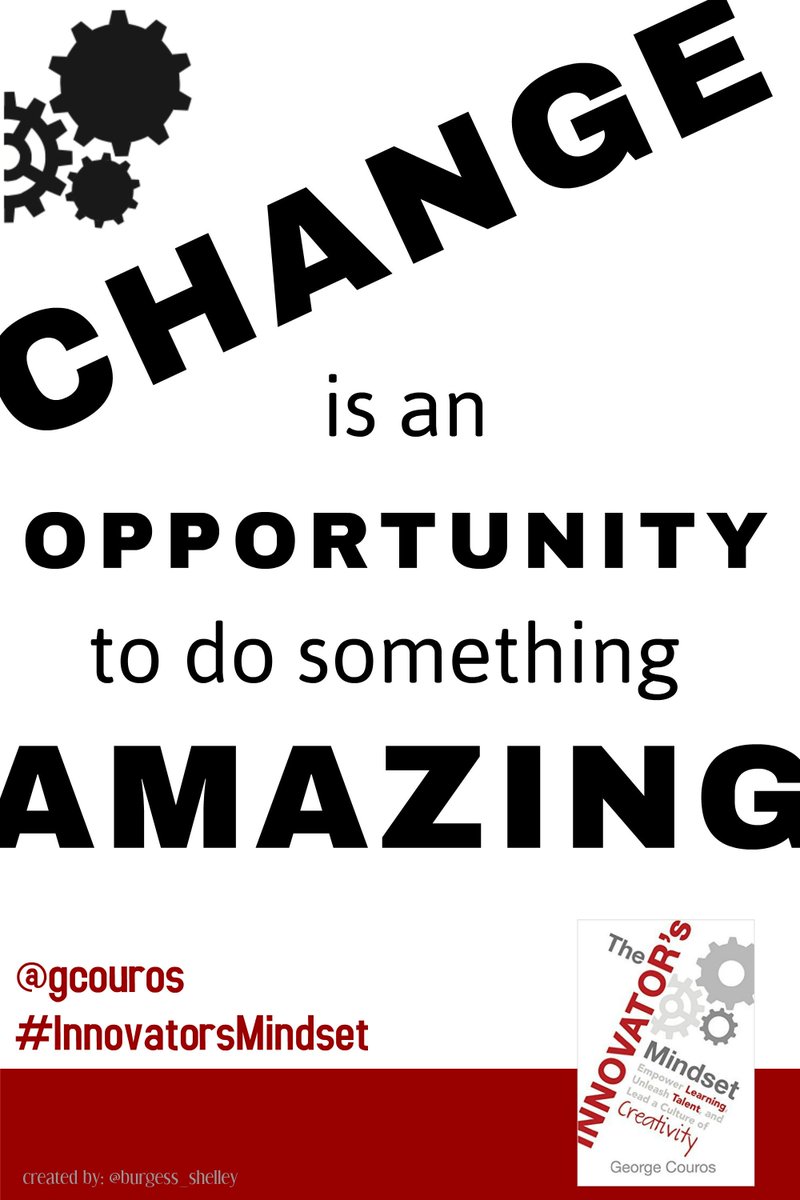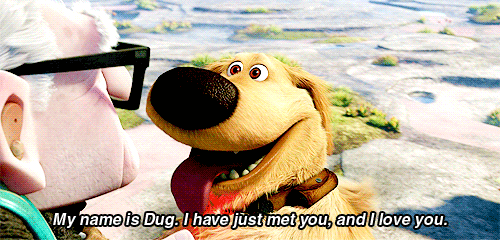Last school year, I came up with the idea of creating a Google Apps for Education "Track". Instead of teachers attending one hour sessions on a specific Google App, myself and another Technology Integrator,
Matt Callahan, developed a course in Canvas, our LMS, that covered eight of the Google Apps. In each module there are skill based lessons, examples of integration, discussion boards, formative assessments, professional readings on integration and innovation, and finally, a summative assessment that requires the teacher to take something they learned and implement it in the classroom, and then create a 3-5 minute video reflecting on how it went. In each discussion board and for each assessment, there are also choices as to questions to answer or activities to do, and each one is leveled (a beginner, intermediate, and advanced). Teachers are asked to challenge themselves in these areas, but ultimately which questions they answer and which assessment they complete is up to them. We work on district points, so the track is worth a significant number of points for completion toward their yearly goal. Teachers could choose to take it fully online or attend monthly one hour sessions where myself and Matt taught the module and supported the learning that needed to be done.
This track has, without a doubt, become my baby. I love it like I love my own children, and because of that, I am very protective of it. A requirement of joining the track was that it was all or nothing. Teachers needed to finish the whole track in order to earn all the points. When we were previously providing the hour long PD on GAFE, teachers were not attending all of the offerings. So, what was happening was we would have a teacher in a Slides PD that wouldn't know how to create a group in Gmail to easily share the Slides with their students because they never attended the Gmail PD. In order to increase capacity in this area, I felt like the entire track needed to be completed in order to really get a depth of knowledge on GAFE and the integration into the classroom.

Overall, we have had an insane amount of positive feedback. I have been surprised multiple times by teachers searching me out to tell me how much they learned and enjoyed the track. However, even with the positive feedback, there was always a "but...". I truly dislike buts because they often negate the positive that was just heard. I often think about this quote by
G. Couros, and even though I know it means in education in general, I like to apply it to my own thinking as well. The positives in my head need to outweigh the negatives that are often rolling around in there. Something I'm working on. But what bothered me was that the negatives for the track were nothing we were willing to change because it erased the best practices we were tried so hard to include in the learning. It really wasn't about what needed to be changed to be better PD. It was about what needed to change to make it "easier" or "faster". These were the kind of comments I've received:
"I learned a ton but it took me way longer than it should have."
"Why do we need discussion boards? It seems useless to need to talk to other people about this."
"I don't want to do the final reflection. Is it a requirement?"
"If I just finish five modules, can I get five points?" (which my answer was no, it defeated the purpose of the track)
"I attend the face to face monthly meetings. How many can I miss and still get my points?"
Let me be clear: I am all for feedback, and we have taken constructive feedback on the track and made changes for another upcoming enrollment. So, I take all feedback very seriously.
At first, I took some of these comments as a direct reflection on the track's setup and implementation, but after reading the post on edSurge
Why Good Professional Development is Crucially Linked to an Educator's Attitude, I started to reflect and I came to a conclusion that some of the comments may not be as linked to the track as it is to educator's attitude toward PD in general.
Every single teacher in the track (and we had 120 teachers out of 800 in the district take the track for the first year) felt like they learned a lot and the track was worth their time. Even the ones that complained it took too long still felt like they learned a ton. Part of the problem, however, is that points are mandated by our district. Teachers feel like they now must participate in PD in order to move up on the pay scale and remain a "teacher in good standing". And, we all know what happens when we create a situation where people must comply with an initiative...all of a sudden it becomes work when prior to that they would have done it before for their own professional learning. Teachers are becoming disillusioned with PD because they must comply with the points initiative. Now, I'm not saying that I know a better way to implement the system...I'm just saying that this has been a side effect.
I also feel like the type of PD that we had been offering, myself included, was mostly sit-and-get one-size-fits-all learning. Since I've become more aware and fully subscribe the the idea of personalized PD, my PD has improved, but we have still conditioned teachers to feel like their time, opinion, and learning is not going to be valued when they attend professional development, so we are now fighting that battle as well. When teachers leave a PD that has been valuable to them, they can take something back to their classroom and implement it immediately, and they are excited about what they learned...this shouldn't be something that is a pleasant surprise to them. This should be the norm, but this is the attitude that we have cultivated by not allowing for teacher voice and choice in their learning, and now it is shown in the attitude toward PD.
What I think is ultimately happening with most teachers in the track is that they enjoyed learning and becoming a "master" at GAFE, but because it's PD, they don't think they should like it. Last night we watched a guy put a meat hook through his nose on America's Got Talent. I think it's similar to watching something like that...you can't take your eyes off from it because it's exciting, but you know you shouldn't enjoy it. Most teachers commented positively about their learning, the choices they were given throughout the track, and how they now feel more comfortable with their Chromebooks and implementing GAFE in the classroom. As we become more aware of our professional development and how to personalize it to teacher needs, I am hopeful that the attitude will change to the acceptance that PD can be something we celebrate as an indication of professional learning and growth, rather than work we need to do as a part of our job.






















